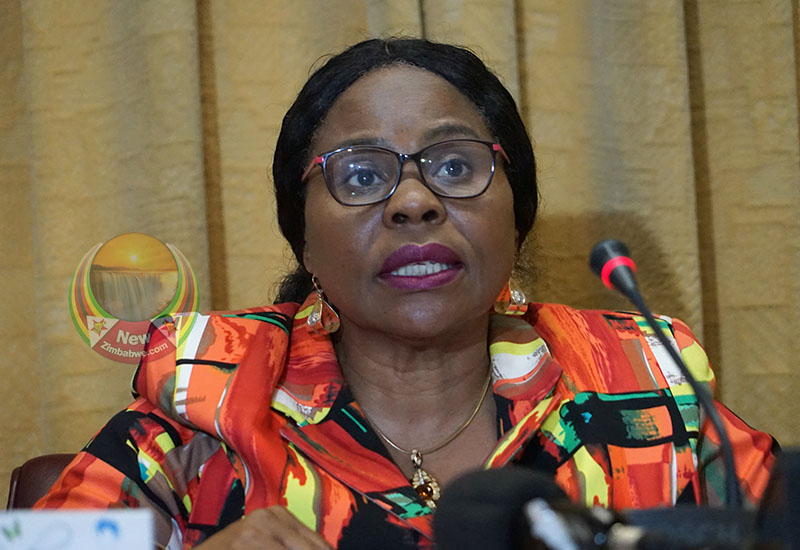Zimbabwe has proposed a legislative amendment that would criminalise unauthorised communication by its citizens with foreign governments, a move critics fear will stifle individual freedoms.
Cabinet approved the criminal law amendment late on Tuesday after noting that current legislation does not forbid private citizens from engaging with foreign governments without prior consent.
Information Minister Monica Mutsvangwa explained the newly proposed law would criminalise “isolated citizens or groups who for self-gain cooperate… with hostile foreign governments to inflict suffering on Zimbabwean citizens and to cause damage to national interests”.
“Such wilful misinformation will therefore make the individuals and groups liable for prosecution,” she said after the cabinet meeting.
Zimbabwean political analyst Alexander Rusero deplored the proposed changes as an “archaic” repudiation of individual rights by an increasingly repressive regime.
Intolerant
President Emmerson Mnangagwa’s administration has turned growingly intolerant towards dissent after he took office in 2017 following the ouster of Robert Mugabe through a military-led coup.
Security forces have violently dispersed several anti-government protests over the past three years, with several people dying in the process.
Political opponents and human rights activists are regularly abducted by suspected government forces and held for weeks on end, during which they are intimidated and abused.
Rusero feared the cabinet’s proposal would give Mnangagwa more leeway to silence his opponents.
“You are tinkering the law to protect the interests of the ruling elite,” Rusero told AFP.





